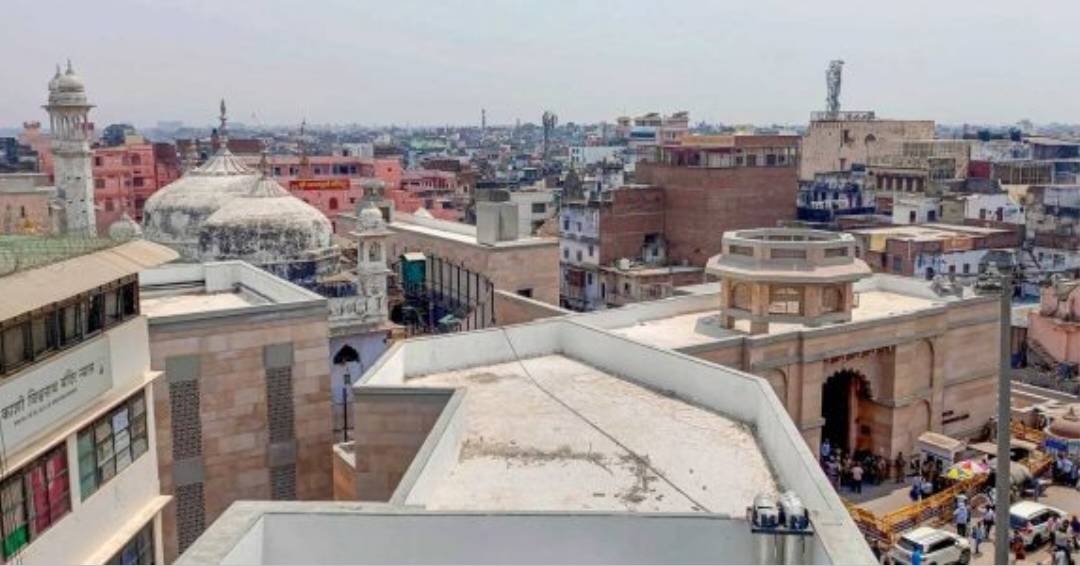
The Archaeological Survey of India (ASI) initiated a scientific survey of the Gyanvapi premises in Varanasi to address the controversy surrounding the 17th-century mosque’s origin. With tight security, the ASI team, accompanied by representatives of Hindu petitioners, commenced the survey. However, the members of the Anjuman Intezamia Masjid committee, representing the Muslim side, boycotted the survey.
The Allahabad High Court upheld the Varanasi district court’s ruling, deeming the survey necessary for justice and benefiting both parties. This decision followed a move by the Anjuman Intezamia Masjid committee to the Supreme Court against the Varanasi district court’s order.
The dispute arose from two pleas filed in the Varanasi district court and the Allahabad High Court, seeking protection for “Hindu signs and symbols” within the Gyanvapi mosque complex. The petitioners asked the state government and district administration to seal the premises without hindering the ASI survey, to safeguard any Hindu signs found. Additionally, they requested that non-Hindus be barred from the “old temple area” in the complex until the resolution of pending suits.
It’s worth noting that the Gyanvapi mosque stands adjacent to the Kashi Vishwanath temple, adding to the significance and sensitivity of the issue.

Post Your Comments